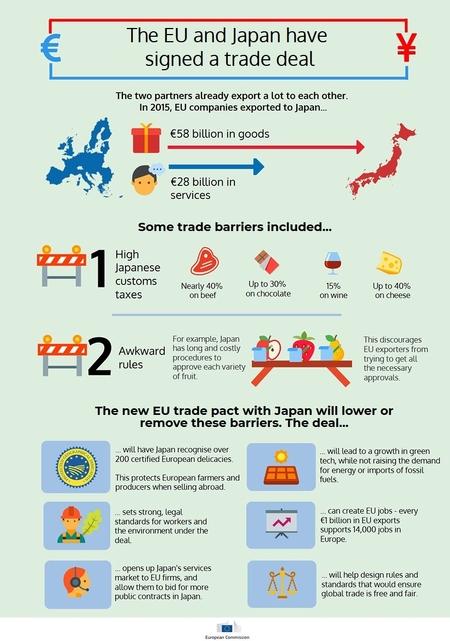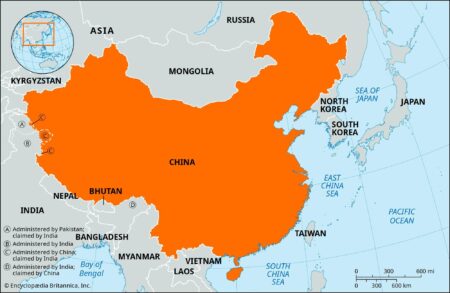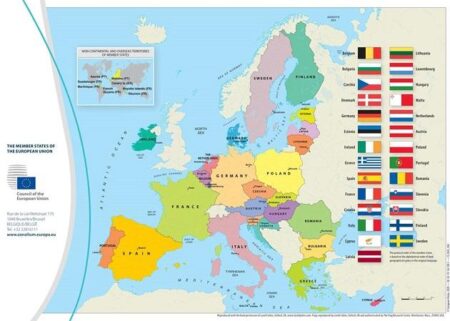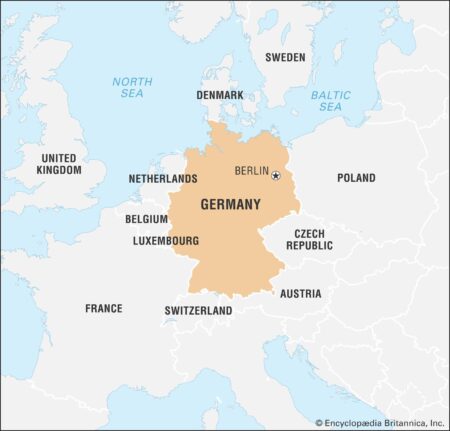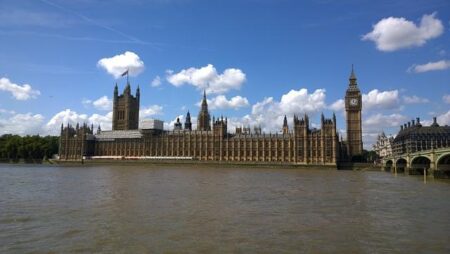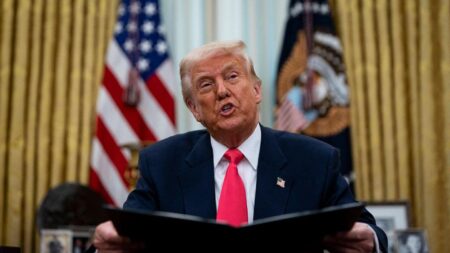Bessent has identified Japan, the U.K., Australia, and South Korea as key priorities for future trade agreements, aiming to strengthen economic ties and enhance market access. This strategic focus signals a commitment to expanding international trade relations.
Browsing: economic strategy
Argentina’s recent IMF deal marks a critical financial maneuver aimed at stabilizing its economy. Negotiations involved stringent fiscal reforms and commitments to reduce inflation, showcasing the government’s resolve to navigate ongoing economic challenges.
Spain’s Prime Minister Pedro Sánchez is seeking to strengthen trade relations with China as uncertainties surrounding U.S. tariffs continue. This move aims to diversify Spain’s economic partnerships and enhance its position in the global market.
The Chinese Embassy in India has urged both nations to unite against U.S. tariffs, emphasizing the need for collaboration in facing economic challenges. This call for solidarity comes amidst escalating trade tensions between the U.S. and China.
In response to rising global trade tensions, EU countries are implementing protective tariffs to shield domestic industries. This move aims to bolster competitiveness and safeguard jobs, signaling a shift towards more aggressive trade defense strategies.
Germany is contemplating the withdrawal of its 1,200-ton gold reserves stored in the U.S., a move seen as a response to rising tensions during Donald Trump’s presidency. This potential action highlights ongoing concerns over international trust and economic security.
Germany and France are advocating for a stronger tariff response to protect their industries from global market fluctuations. Their push reflects growing concerns over international trade practices, aiming to bolster domestic economies amid rising competition.
India is reportedly considering a significant reduction in tariffs on over half of its imports from the U.S. This move aims to bolster its export competitiveness amid ongoing trade tensions and is seen as a strategic effort to enhance bilateral economic ties.
In his latest piece, Terence Corcoran examines the absence of a comprehensive book detailing Mark Carney’s vision for Canada’s economic future. He critiques the lack of transparency and analysis surrounding Carney’s ambitious plans and their implications for the nation’s financial landscape.
In a bid to bolster its economy against potential U.S. tariffs, Canada is working towards enhancing free internal trade across its provinces. Governor Mark Carney emphasized that a unified domestic market will strengthen Canada’s economic resilience and competitiveness.
The UK government is prioritizing pragmatic trade solutions over retaliatory tariffs in its dealings with international partners. However, officials emphasize that all options remain on the table as they navigate complex economic challenges.
Italy is set to unveil a strategic plan aimed at integrating its automotive and defence sectors, as announced by the Minister of Economic Development. This initiative seeks to enhance technological collaboration and bolster national security through innovative manufacturing practices.
As tariff negotiations persist, Canada is positioning itself as a formidable economic player, emphasizing resilience and strategic planning. Officials signal a commitment to long-term trade stability, hinting at a wait-and-see approach in resolving disputes.
In a dramatic late-night meeting, a critical 3 a.m. showdown solidified Merz’s innovative strategy to revitalize Germany’s economy. Key stakeholders rallied behind the plan, marking a pivotal moment for the nation’s financial future amid escalating challenges.
As Germany embraces expansive fiscal policies to stimulate its economy, questions arise about the implications for the Eurozone. Will its robust spending capacity create tensions among member states or lead to a stronger, more unified Europe?
In response to the lessons learned from the first trade war initiated by Donald Trump, China has adapted its strategies for navigating tariffs. By diversifying markets and enhancing domestic production, Beijing aims to mitigate the economic impact of renewed trade tensions.
Spain is set to launch an extensive mapping initiative to identify critical resources as part of its strategic push for raw materials. This effort aims to bolster the country’s supply chain resilience and reduce dependency on imports, supporting sustainable development.
Italy’s escalating bond market tensions are shaping Prime Minister Giorgia Meloni’s strategies across various sectors, from defense to banking. As yields rise, Meloni confronts a delicate balancing act between fiscal responsibility and political stability.
The U.S. plans to hold a hearing to examine China’s initiatives aimed at enhancing its semiconductor industry. This move highlights ongoing concerns over technological competition and national security as both nations seek dominance in critical tech sectors.
In a recent statement, Donald Trump announced a temporary halt on imposing new tariffs, underscoring their strategic importance in trade negotiations. While he recognizes their potential economic impact, he emphasizes that tariffs remain a critical tool for policy leverage.

